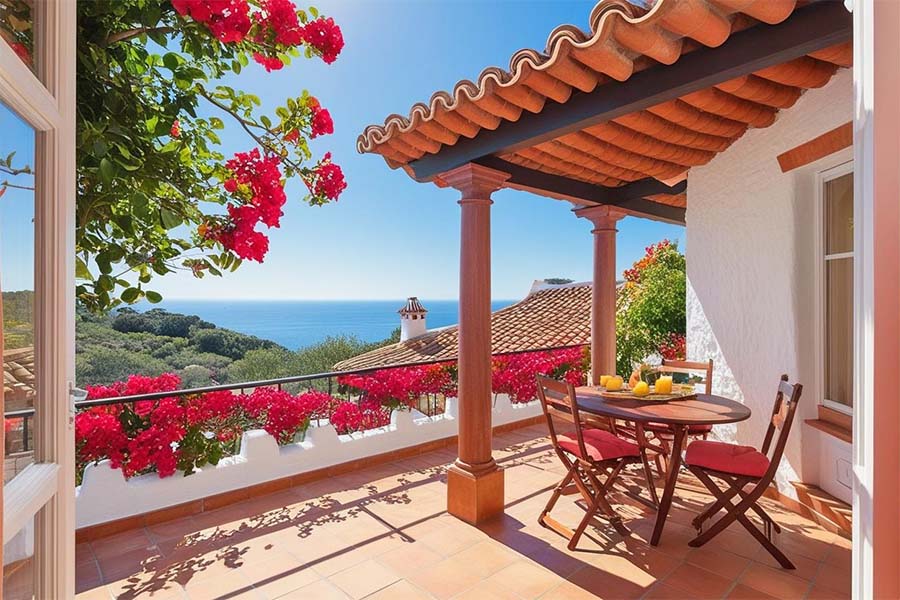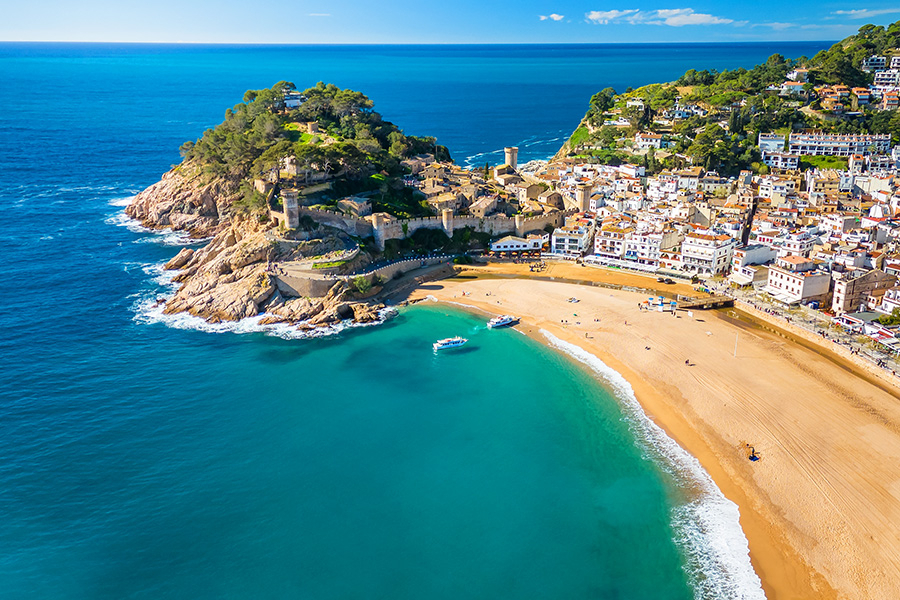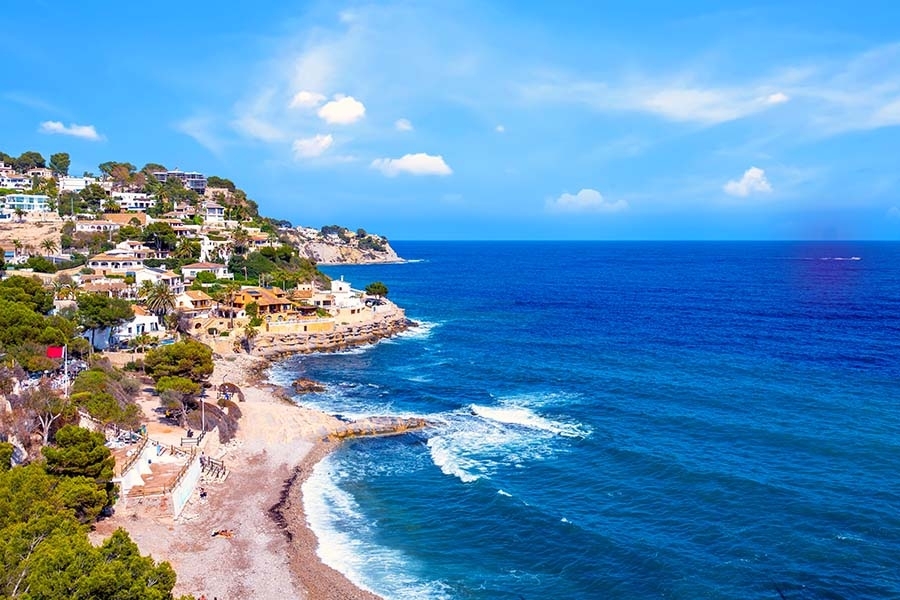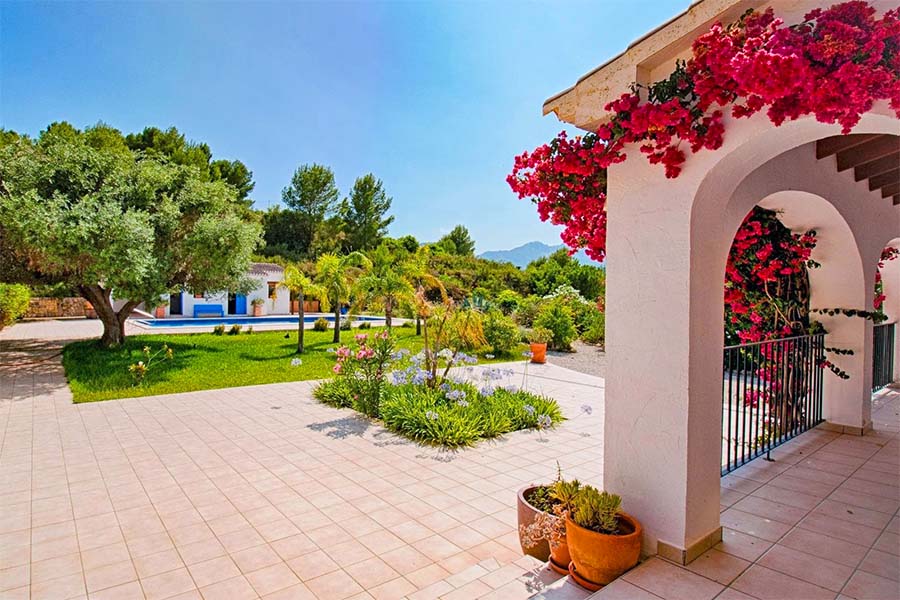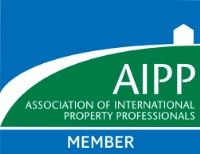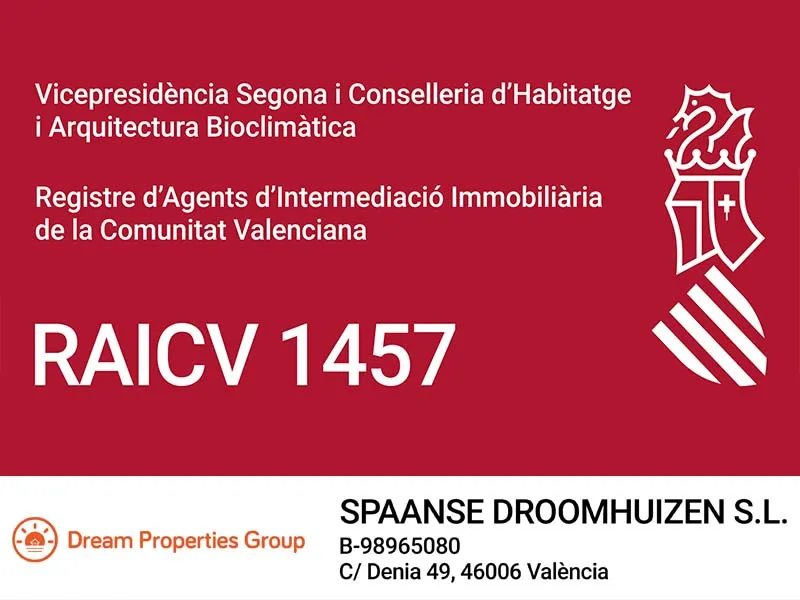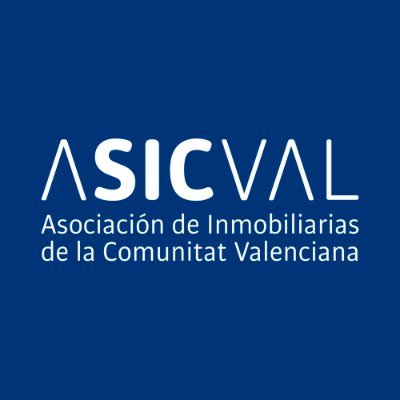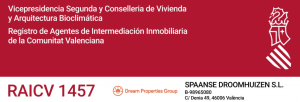Dreaming of a Bed and Breakfast (B&B) in Spain? You’re not alone, as this is one of the most common search requests in our Property Finder Service.
Programs like A Place in the Sun, Escape to the Country, and Four in a Bed highlight how appealing it seems: welcoming guests under the Spanish sun, enjoying the peaceful life, and working in beautiful surroundings. But is it really as romantic as these shows make it out to be?
The reality is that starting a B&B in Spain is often hard work with relatively limited income. The investment can be high and the administrative procedures time-consuming. In this article, we’ll guide you through the main considerations and steps.

What does a B&B in Spain yield?
Before you start, it is important to look realistically at the investment and return. The income from a B&B is usually seasonal, and depending on the location and occupancy rate, it may take some time to make a profit. Many owners only realise afterwards how much work is actually involved: cleaning, managing bookings, receiving guests and maintenance require a full-time commitment.
An alternative and often more lucrative option is to buy a property with one or more flats or houses nearby that you can rent out. This offers more privacy, more stable returns and less daily hassle.
Financing: can you get a mortgage?
Obtaining a mortgage for a B&B in Spain is not easy. Banks do not provide mortgages based on a business plan or expected income. Instead, mortgages are granted based on a fixed income from employment or if you have been self-employed in Spain for more than three years. Moreover, for rural properties, you can only finance up to a maximum of 60% of the value. More information on financing your home in Spain can be found here.
The challenging journey of starting a B&B in Spain
If you do want to start a new B&B, especially on rustic land, you need to consider intensive preparation and a long permit process. Below is an overview of the main steps:
1. Obtaining the DIC (Declaración de Interés Comunitario)
Duration: 2 to 6 years
This is the first and most time-consuming step if you want to start a B&B on land designated as agricultural (rustico). It is a complex process with no guarantee that you will actually get the DIC.
Do you want to start a B&B in an urbano property? Then this step is not applicable and you can proceed directly to the next permit.
The process consists of the following parts:
- Pre-project – 1 to 3 months:
Together with an architect, you design detailed plans. - Submission to city hall – 1 to 3 months:
The project is submitted to the municipality to determine whether the land may be converted from “agricultural” to “commercial”. - Final project – 3 to 9 months:This involves a fully developed plan, including environmental impact studies and technical requirements (water, electricity, etc.).
- Approvals:
- From city hall – 6 to 12 months
- From regional government – 1 to 3 years: This includes approval by various departments, such as tourism and environment.
2. Obtaining the Activity Permit
Duration: 1 to 4 years
After the DIC, you need to apply for an activity licence from the municipality. This requires a new project aimed at running your B&B. Approval of this can take 1 to 4 years, depending on the location and complexity.
3. Registration as self-employed and additional permits
Duration: 1 to 6 months
You need to register yourself as self-employed or set up a company. If you want to serve food, an additional food processing licence is required. This process takes 1 to 6 months.
4. Infrastructure requirements
Duration: variable
Meeting infrastructure requirements often involves unexpected costs.
- Electricity: Adaptations may need to be made to ensure adequate power supply.
- Water: You need to ensure a reliable supply of drinking water, such as a borehole or connection to the water network.
- Roads: Access roads may need to be improved.
- Wastewater: An approved wastewater treatment system is mandatory.
- Parking: Adequate parking for guests is a must.
5. Essential health and safety measures
Duration: 3 to 10 years
Fire protection, emergency plans and other safety measures are essential and strictly controlled. The whole process can take between 3 and 10 years, with significant costs for architects, permits, and infrastructure modifications. And that’s before you’ve even hosted a guest.
Read on below the image to find out how to start a B&B in Spain without all these obstacles.
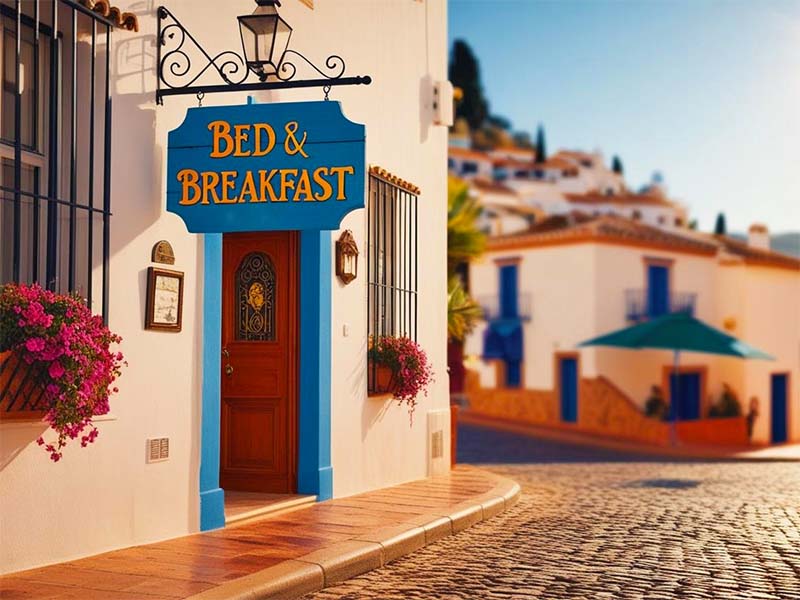
Taking over existing B&B in Spain: faster and often cheaper
An alternative to starting a new B&B in Spain is to buy an existing one. Although this often requires a larger initial investment – prices start around €500,000 – it saves you a lot of time, stress and uncertainty.
- Immediately operational: With an acquisition, you buy a business that is already fully functional, including permits, infrastructure and a customer base.
- Less risk: The process of permits and approvals has already been gone through, so you don’t have to wait for years.
- Known costs: With an existing B&B, investment and operational costs are often clear.
- Quick start: You can start welcoming guests and generating income almost immediately.
Important points of interest:
Note that a licence is not automatically transferable. Due to new regulations, a licence may expire on transfer and have to be reapplied for. This may mean you still have to go through the whole approval process, with the risk that the licence will not be granted again.
Check out available B&Bs on our site here. We always recommend seeking legal advice to check what the exact options are.
What about starting a campsite in Spain?
Just like in the UK or Germany, you can’t simply start a B&B or campsite in Spain. Many people assume that the rules are more relaxed here, but strict EU regulations apply in Spain as well. Opening a campsite requires permits and must comply with strict environmental regulations. In fact, this process can be even more complicated than starting a B&B.
Starting a B&B in Spain? Choose wisely
Starting a B&B in Spain is a great adventure, but also a complex undertaking. Be realistic about the investment, returns and regulations. Buying an existing B&B or investing in holiday homes may be a better option.
Want to know what your options are? Share your Spanish dream with us or fill in our no-obligation Property Finder Service!
Source: TLA Lawyers


